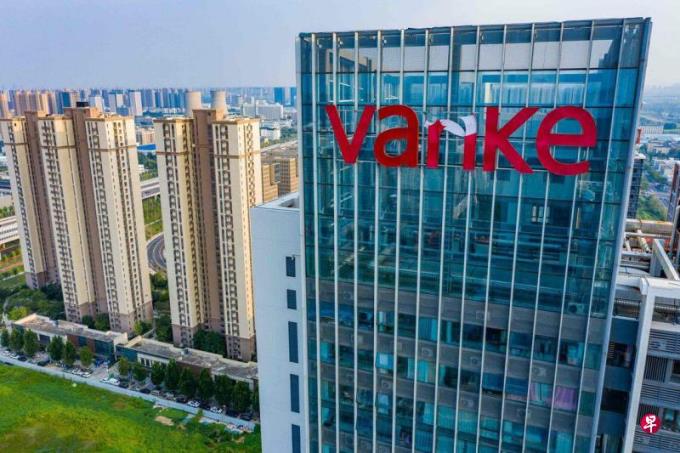
The severe fluctuations of the recent US dollar bonds of Chinese housing companies Vanke bonds recentlyThe Shenzhen State -owned Assets Supervision and Administration Commission has expressed support for Vanke, emphasizing that Vanke is an important member of the Shenzhen state -owned assets system, and if necessary, it will be supported by all possible means.
According to the Securities Times report, Shenzhen SASAC, Shenzhen Metro, Vanke and domestic and foreign financial institutions on Monday (November 6) held a explanation meeting on Vanke's recent bonds.Wang Yongjian, director of Shenzhen State -owned Assets Supervision and Administration Commission, Ye Xinming, member of the party committee and second -level inspector, and Xin Jie, chairman of Shenzhen Metro, attended the meeting.
The Shenzhen Municipal SASAC said at the meeting that fully recognized and trusted the professionalism of Vanke's team, and believed that Vanke has not had rumors and management risks.The SASAC also promises that if there is a need or encounter extreme situation, there will be full confidence, sufficient capital resources and tools, and through project cooperation, optimizing equity investment structure, bond subscription, coordination of financing of financial institutions, etc.Help Vanke actively respond.
Xin Jie, the chairman of Vanke's largest shareholder, also said at the meeting that the "substantial support" of the Shenzhen Railway for Vanke has never interrupted in the past, and it will be further strengthened in the future.In response to the abnormal fluctuations in the recent capital market, he believes that confidence and unity are particularly important at the moment, and expressed their believe in the Vanke management team to live up to expectations and eliminate market panic in actual actions.
Xin Jie also said that the deep iron has prepared a rich "toolbox", which will be released in an orderly manner according to the market conditions to support Vanke, including marketization and rule of law, to undertake Vanke's part of Shenzhen in ShenzhenUrban renewal projects help Vanke's assets, and the transaction amount is expected to exceed 10 billion yuan (RMB, the same below, about S $ 1.892 billion). At the same time, it is actively preparing to buy bonds issued by Vanke in the open market to boost market confidence.
Yu Liang, chairman of the board of directors of Vanke, said that Vanke has always been confident in the market, and the recovery of the market needs to be "able to buy, want to buy, and need to buy".In terms of "need to buy", housing demand is still huge, and it is accumulating the spontaneous repair potential energy. Since August, many policies that support reasonable housing demand have been introduced in various places, creating conditions for the release of demand.
He said that the reason for the pressure in the past two years is that the delivery of commercial housing construction flood peaks and sales have continued to decline together, but from the perspective of the construction of the industry, this superimposed process in the second half of next year will basically end this superimposed process.Essence
Vanke's notification, as of the end of the third quarter, Vanke held 103.7 billion yuan in monetary funds, a 2.2 times coverage of short -term debt coverage, and emphasized that the company will definitely guarantee the payment of domestic and foreign debt.Worried for this.
After the State -owned Assets Supervision and Administration Commission expressed its full support, Vanke Port Stocks rose 2%on Tuesday (7th) in the morning, and then rose to 0.49%.
After the Federal Apocalypse lowered the long -term foreign currency issuer's default rating of Vanke enterprises, it triggered a sharp fluctuation in Vanke's US dollar bond market.Since late October, Vanke ’s multiple bonds have paid sharply from the fare rate of the ticket, and the value of multiple bonds has fallen by more than 40%, and the yield rate exceeds 50%.The higher yield of bonds reflects the market's concerns about Vanke's risks, and bond killing and falling are also considered a precursor to the default of the debt in housing enterprises.




